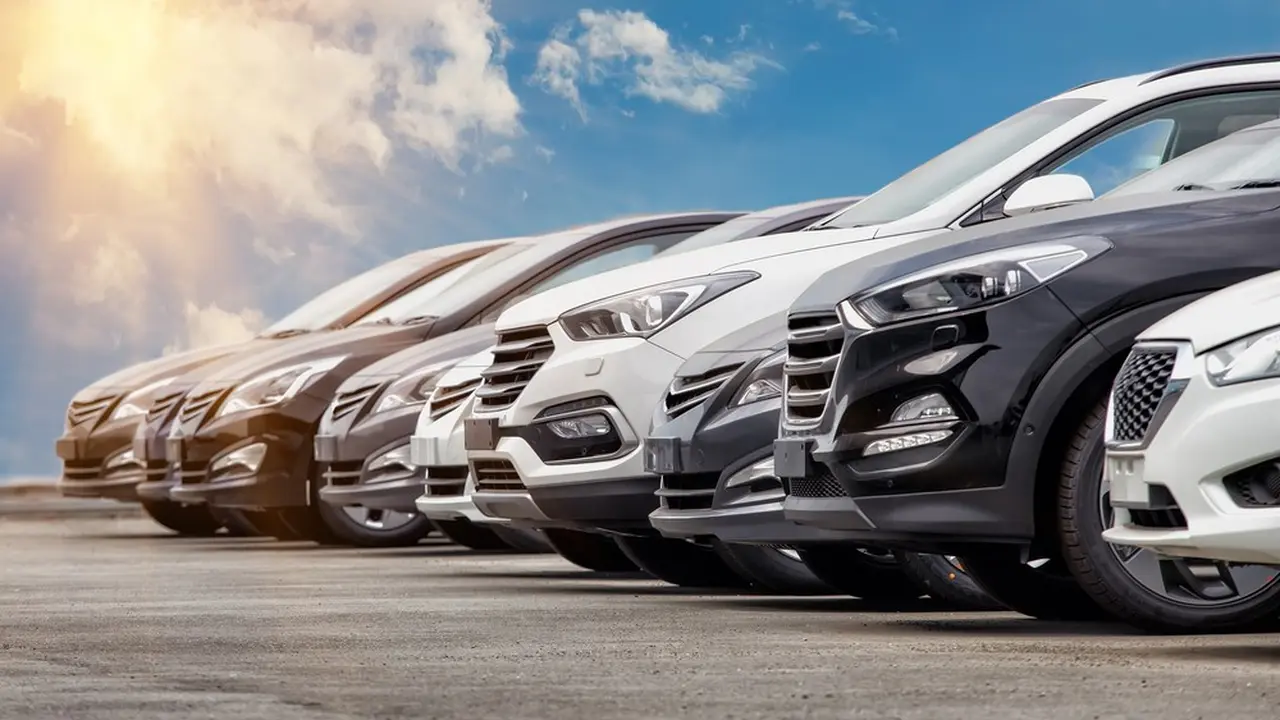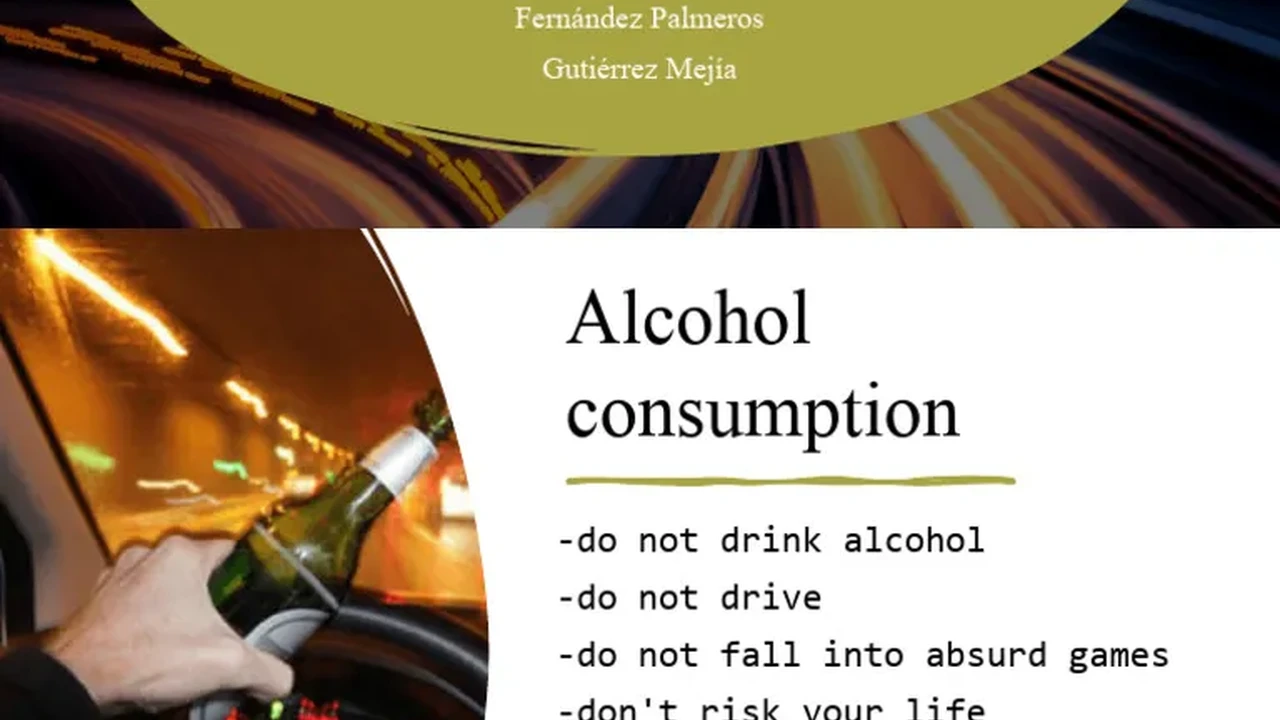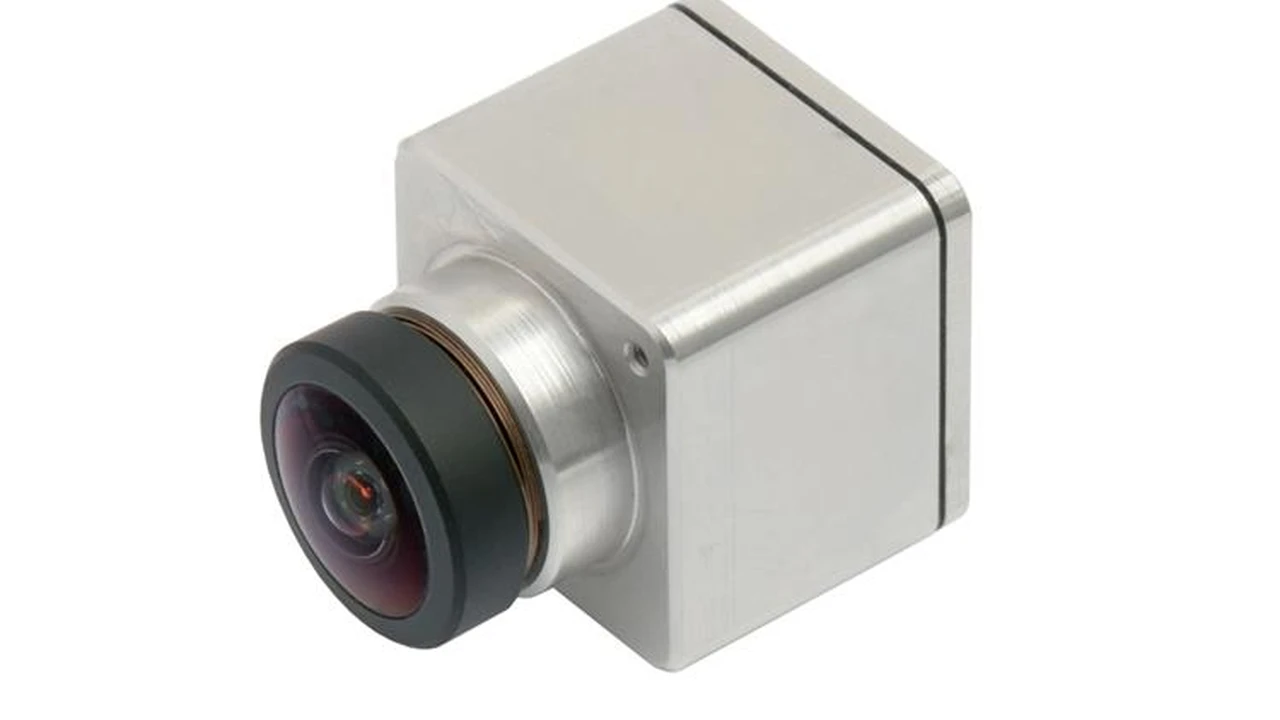Understanding Roof Strength Ratings: Protecting Occupants in Rollovers

The Importance of Roof Strength Ratings Vehicle Safety
Okay folks let's talk about something super important when it comes to car safety your car's roof! Seriously think about it If you're ever in a rollover accident that roof is what's standing between you and the pavement. That's where roof strength ratings come in. These ratings aren't just some random numbers they tell you how well your car's roof can withstand a crash and protect you inside.
We're talking about keeping you and your passengers safe so understanding these ratings is crucial. It's not always the flashiest feature but it's definitely one of the most critical.
What are Roof Strength Ratings and How are they Determined Vehicle Crash Tests
So how do they figure out these roof strength ratings? Well organizations like the IIHS (Insurance Institute for Highway Safety) put vehicles through some pretty intense tests. They basically push a metal plate against one side of the roof at a constant speed. They measure how much force it takes to crush the roof a certain amount. The stronger the roof the better the rating.
The rating is expressed as a strength-to-weight ratio. This means they consider the vehicle's weight when determining the rating. A heavier vehicle might naturally have a stronger roof but the ratio levels the playing field and allows for a fair comparison across different vehicle sizes.
Understanding the IIHS Roof Strength Test Results Vehicle Safety Standards
The IIHS uses a rating scale of Good Acceptable Marginal and Poor. Obviously you want a vehicle with a "Good" rating. This means the roof can withstand a force equal to at least four times the vehicle's weight before significant crush occurs. An "Acceptable" rating is okay but not ideal. "Marginal" and "Poor" ratings mean the roof is more likely to collapse in a rollover increasing the risk of injury.
When you're shopping for a car check the IIHS website to see the roof strength ratings for different models. It's a quick and easy way to get a sense of how well a vehicle will protect you in a rollover.
Rollover Accidents and Roof Crush The Risk Factors Vehicle Rollover Prevention
Rollover accidents are scary stuff They're less common than other types of crashes but they're often more severe. SUVs and trucks are generally more prone to rollovers due to their higher center of gravity but any vehicle can roll over under the right circumstances.
When a vehicle rolls over the roof can crush inward potentially causing serious head and neck injuries. A strong roof can prevent this crush protecting the occupants inside. That's why roof strength is so important in rollover crashes.
Vehicle Design and Roof Structure Engineering for Safety Vehicle Materials
Vehicle manufacturers are constantly working to improve roof strength. They use advanced materials like high-strength steel and aluminum to build stronger roofs. They also employ sophisticated engineering techniques to design roofs that can better withstand rollover forces.
Some vehicles even have reinforced roof pillars and crossbars to provide additional support. These design features can make a big difference in a rollover crash.
Aftermarket Roof Reinforcement Options Enhancing Vehicle Safety Performance
If you're concerned about the roof strength of your existing vehicle you might consider aftermarket roof reinforcement options. These are basically roll cages or roof reinforcement kits that can be installed to strengthen the roof structure.
However it's important to note that aftermarket modifications can sometimes affect the vehicle's overall safety performance. It's always best to consult with a qualified mechanic or engineer before making any modifications.
Product Recommendations Roof Rack Considerations Safety and Functionality
Okay let's talk about some specific products that can indirectly contribute to roof strength and safety. I'm not talking about roll cages here but things like roof racks and cargo carriers. A well-designed roof rack can actually add some rigidity to the roof structure.
Thule Roof Racks Versatile Cargo Solutions
Thule makes some fantastic roof racks that are known for their durability and strength. They offer different models for various vehicle types and cargo needs. For example the Thule WingBar Evo is a popular choice for its aerodynamic design and load-carrying capacity. It's great for carrying bikes kayaks or even a rooftop tent.
Use Case: Weekend camping trips carrying kayaks and camping gear.
Comparison: Compared to cheaper alternatives Thule racks are more durable and offer better stability. The WingBar Evo costs around $400-$500. Cheaper racks might be in the $200-$300 range but they might not be as strong or reliable.
Yakima Roof Racks Adventure Ready Gear Carriers
Yakima is another well-respected brand in the roof rack market. Their products are known for their ruggedness and versatility. The Yakima TimberLine system is a great option for vehicles with raised side rails. It's easy to install and provides a secure platform for carrying all sorts of gear.
Use Case: Overlanding adventures carrying spare tires fuel cans and other essential equipment.
Comparison: Yakima racks are generally a bit more expensive than Thule racks but they're built to withstand extreme conditions. The TimberLine system can cost around $500-$600.
Rhino-Rack Backbone Systems Off-Road Roof Reinforcement
For serious off-road enthusiasts Rhino-Rack offers Backbone systems. These are essentially internal roof reinforcement structures that provide unparalleled strength and rigidity. They're designed to handle the heavy loads and extreme conditions of off-road travel.
Use Case: Expedition travel carrying heavy rooftop tents and recovery gear.
Comparison: Rhino-Rack Backbone systems are the most robust option but they're also the most expensive. A complete system can cost upwards of $1000. They require professional installation.
Maintaining Your Vehicle's Roof For Optimal Safety Vehicle Inspection Tips
Finally remember to regularly inspect your vehicle's roof for any signs of damage. Look for dents cracks or rust. If you notice any problems have them repaired promptly. A damaged roof is a weaker roof and it won't protect you as well in a rollover.
Also be mindful of the weight you're carrying on your roof rack. Exceeding the weight limit can put undue stress on the roof structure. Consult your vehicle's owner's manual for the recommended weight limits.
The Future of Roof Strength Technology Innovation in Vehicle Safety
The future of roof strength is looking bright. Manufacturers are constantly developing new technologies and materials to make roofs even stronger. We can expect to see more vehicles with advanced roof designs that offer superior protection in rollover crashes.
So there you have it a comprehensive look at roof strength ratings and their importance in vehicle safety. Remember to do your research when shopping for a car and choose a vehicle with a good roof strength rating. It could save your life!
:max_bytes(150000):strip_icc()/277019-baked-pork-chops-with-cream-of-mushroom-soup-DDMFS-beauty-4x3-BG-7505-5762b731cf30447d9cbbbbbf387beafa.jpg)






